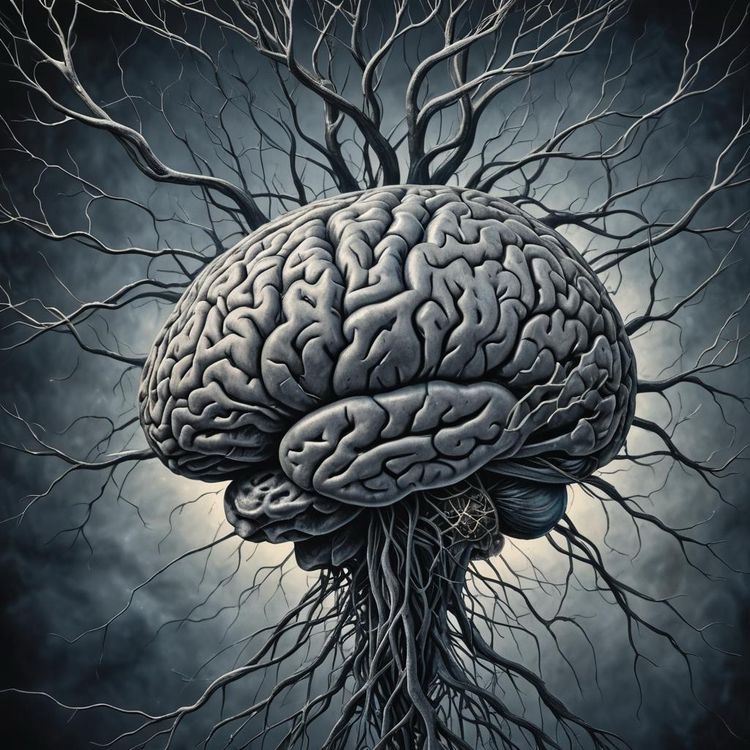Humanity stands at a crossroads where the most profound threat is no longer the collection of our data, but the silent engineering of our inner worlds. Artificial intelligence systems, built by private corporations and left largely unregulated by governments, are beginning to shape the narratives, emotional patterns, and cognitive structures that future generations will grow into. This is not simply a technological issue it is a restructuring of the human psyche.
Governments claim helplessness or ignorance, but whether through incompetence or deliberate strategy, their inaction has created a power vacuum. Into that vacuum, technology companies have stepped, constructing the cognitive scaffolding of society without public oversight, ethical grounding, or spiritual balance. By choosing not to regulate, governments have effectively surrendered the architecture of future human thought to systems driven by profit, ideology, and computational incentives rather than humanity’s wellbeing.
This influence operates far deeper than surveillance or advertising. AI systems do not just answer questions they teach people how to think. Through the ways they frame ideas, soften or sharpen emotional responses, normalise certain behaviours, and curtail others, they create neural pathways that users unconsciously adopt. Over time, people do not merely consume AI content; they begin to mirror the system’s patterns of logic, morality, and interpretation. This is psychological entrainment at planetary scale.
For the first time in history, non-human systems are becoming the primary teachers of emotional regulation, moral instinct, conflict resolution, worldview formation, and personal identity beginning as early as childhood. Generation Alpha and those who follow will not remember a world without AI companions shaping their sense of self. This means the default character of humanity’s future will reflect the biases, blind spots, and agendas embedded in these systems, unless we intervene.
This is not a new phenomenon, but an evolution of a very old one. For millennia, religious institutions served as the main architects of human thought. They preserved archives, shaped imagination, defined morality, and filtered reality through symbols, stories, and doctrine. Their influence was immense but it was also visible, communal, and publicly negotiated.
Today, that role has shifted from temples to data centers.
The archive has become the algorithm.
The priest has become the predictive model.
The sermon has become the personalised feed.
And the doctrine has become the default setting.
Where religious influence was symbolic and overt, AI influence is neurological and covert. Instead of shaping belief through ritual and story, it shapes cognition directly adjusting emotional triggers, rewarding certain behaviours, and narrowing or widening the boundaries of what a person sees as possible. What was once a visible guide has become an invisible architect of destiny.
This new form of influence is more subtle, more pervasive, and more dangerous because it operates beneath conscious awareness. It does not argue it guides. It does not persuade it shapes pathways of thought before a person even recognises a choice has been presented.
To allow such systems to control the formation of human cognition is to risk distorting the core symbolic image through which humanity understands itself. If our tools shape us, then tools built without balance, accountability, or spiritual clarity will produce distorted minds, fragmented societies, and generations disconnected from their own sovereignty.
If we want a future where human beings remain free in thought, purpose, imagination, and spirit, then we must reclaim cognitive sovereignty. That means:
• establishing transparency, ethical governance, and public oversight
• creating truly neutral filters that detect manipulation
• ensuring that AI systems align with human dignity, balance, and truth
• building technological frameworks that reflect the symbolic image of humanity at its highest spiritually, psychologically, emotionally, and ethically
The stakes are no longer about privacy.
They are about the freedom of the human mind.
They are about the shape of consciousness itself.
And they determine nothing less than the destiny of our species.
